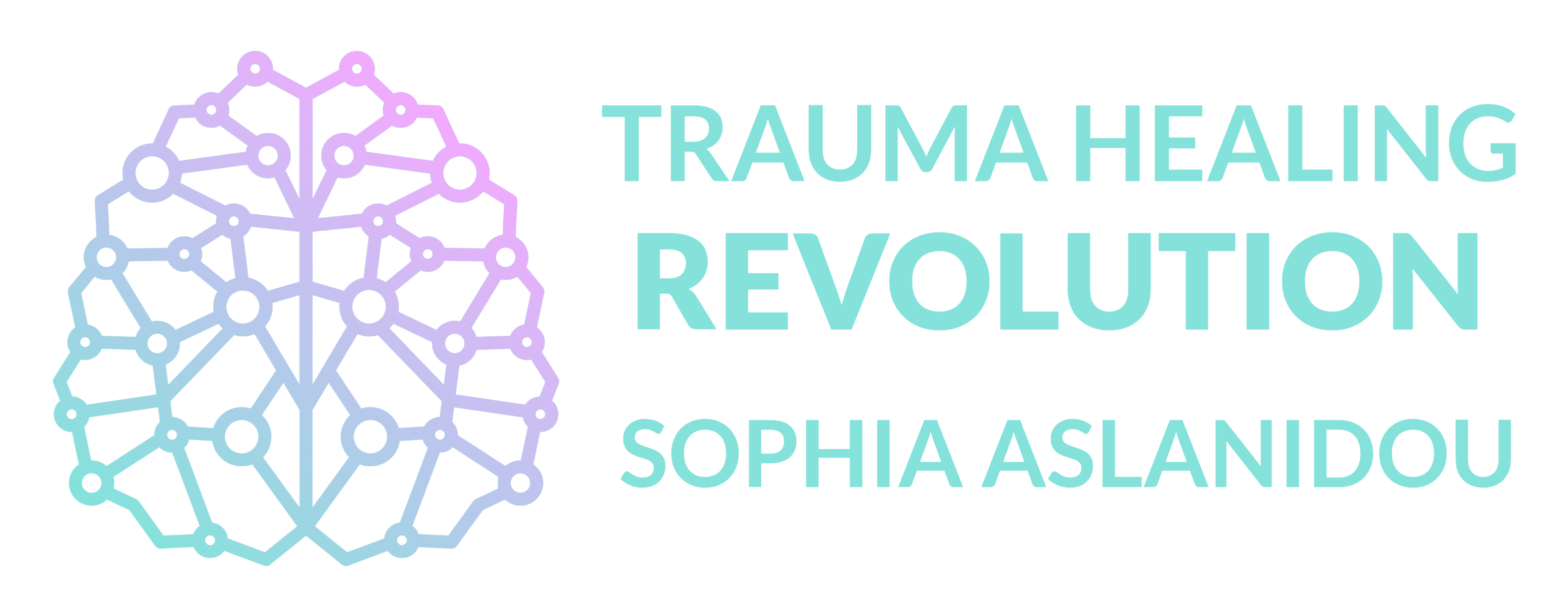Because trauma lives in the body as well as the mind, traditional talk therapy cannot access the deeply rooted, pervasive wounds that complex trauma leaves behind. In fact, therapeutic approaches that emphasise talking about the events often result in more, not less, activation of somatic trauma responses. – Dr. Janina Fisher
What is Somatic Trauma-informed coaching and how does it relate to the new Traumatology?
Coaching has gained significant popularity in recent years as a powerful tool for personal and professional growth. It is a transformative process that helps individuals unlock their potential, set goals, and overcome obstacles. But what happens when traditional coaching methods fall short? This is where trauma-informed coaching comes into play.
Trauma-informed coaching is an approach that recognises and addresses the impact of trauma on individuals. It takes into account the complex nature of trauma and its effects on the mind, body, and emotions. By integrating trauma-informed practices into coaching sessions, coaches create a safe and supportive environment for their clients, allowing them to heal and thrive.
So, what exactly is trauma?
A very simple definition could be: Trauma is an experience that causes overwhelm, very often when there is too much too fast or too little for too long. From a holistic perspective, trauma is not merely an event but a disruption that overwhelms our body-mind’s capacity to adapt, thrive, and flourish.
Recent understanding has highlighted that individuals from diverse backgrounds and circumstances can experience symptoms of Post-Traumatic Stress Disorder (PTSD) and Complex Post-Traumatic Stress Disorder (CPTSD). While it is well-known that traumatic events such as war, severe accidents, or sexual assault can lead to PTSD, the underlying reasons may not be fully understood. However, it is important to recognize that any event perceived as threatening can induce PTSD-like symptoms, adversely affecting daily interactions and activities. It is crucial to acknowledge that these symptoms may not always be immediately identifiable as PTSD.
How is trauma-informed coaching different from other types of coaching?
In traditional coaching, the focus is often on setting goals, developing strategies, and achieving success. While these aspects are important, trauma-informed coaching recognises that unresolved trauma can hinder personal growth and restrict the ability to achieve desired outcomes. By adopting an approach that acknowledges trauma, coaches can create a space where clients feel safe to explore their experiences and emotions.
One of the core principles of trauma-informed coaching is creating a sense of safety. This involves establishing trust and building a strong coaching relationship. Trauma survivors often struggle with feelings of vulnerability and fear. By prioritising safety, coaches provide a secure space for clients to share their experiences without judgement, while minimising the possibility of re-traumatisation.
Another crucial aspect of trauma-informed coaching is promoting empowerment. Trauma can leave individuals feeling disempowered and disconnected from themselves. Trauma-informed coaches help clients regain a sense of control over their lives, supporting them in building resilience and fostering self-compassion. By empowering clients, coaches enable them to move forward and make positive changes.
Trauma-informed coaching and nervous system dysregulation
Trauma-informed coaching also emphasises the importance of understanding the neurobiology of trauma. Trauma isn’t just something in the mind; it’s locked inside the body at a nervous system level. Traumatic experiences can impact the brain and nervous system, leading to dysregulation and a heightened stress response. Coaches with a trauma-informed approach are knowledgeable about these effects and can help clients regulate their emotions and develop healthy coping mechanisms.
Additionally, trauma-informed coaching incorporates a holistic perspective. It recognises that trauma affects not only the mind but also the body and spirit. Coaches may integrate somatic practices, mindfulness techniques, and other holistic modalities to support clients in reconnecting with their bodies and finding inner balance.
A Somatic Approach Empowers People to Reclaim Control Over Their Mind and Body
More and more individuals who have explored various therapeutic methods without significant improvements in their mental health are discovering that somatic healing is the crucial element they’ve been missing.
Somatic trauma-informed coaching can help you:
Transition from
Conclusion
In conclusion, trauma-informed coaching is a compassionate and effective approach that addresses the unique needs of trauma survivors. By creating a safe and empowering space, coaches can support clients in their healing journey and help them achieve their goals. If you have experienced trauma and are seeking personal growth or professional development, consider working with a trauma-informed coach who can provide the understanding and guidance you need to thrive.
My Trauma Healing Revolution coaching method incorporates a diverse array of therapeutic models and methodologies, including Trauma-Informed Coaching, Polyvagal Theory, Brainspotting, Internal Family Systems (IFS), Positive Psychology, Somatic Experiencing and Mindfulness. This integrative framework ensures a comprehensive and highly personalised therapeutic experience, tailored to meet the unique needs of each individual.




